Charles Pakana: 0:32
During Reconciliation Week 2023,. Australia’s largest union, with a membership of over 321,000 members, the Australian Nursing and Midwifery Federation gave its unequivocal support to a yes vote for an enshrined voice to parliament. Joining me on today’s referendum 2023 Tapes podcast is the Federation’s Federal Assistant Secretary, Lori-Anne Sharp. Lori-Anne, thanks for speaking with me today.
Lori-Anne Sharp: 0:59
Very welcome, Charles. Great to be here.
Charles Pakana: 1:01
our colleague Annie Butler, the Federal Secretary of the Federation, is quoted as saying that the voice to parliament will be important in helping to close the gap in outcomes between Aboriginal and Torres Strait Islander peoples and non-Indigenous Australians at an advocacy level. What are some of the ways in which the Federation sees this actually working out?
Lori-Anne Sharp: 1:23
Yeah, look, charles. I think the ANMF is a big supporter of the establishment of an enshrined voice to parliament and I think that how the ANMF sees this working out is we see this very much as a first step. It’s the beginning, it’s not the end, and we think that the racism that exists in society and the gap in health outcomes really go hand in hand, and a voice that’s enshrined in our constitution that can’t be changed at the whim of different governments is a really great start to advocate for Aboriginal and Torres Strait Islander communities so they can actually have a say and input about the matters that affect them, which is what we would give and what is afforded by many other people in society, and we think that this is a really important issue.
Charles Pakana: 2:15
Do you think that your experiences and your feedback when I’m saying you, the members of the ANMF, the experiences that you have at the front line of healthcare right across the country and, let’s be frank, your members are clearly in an ideal position to see just how on and off track many of the closing the gap targets actually are Do you see that there is an opportunity for the Federation to work with the eventual voice to advocate for this closing the gap?
Lori-Anne Sharp: 2:47
Absolutely and I think, just as you outlined, our members do. See, you know all the social determinants of health and the detrimental outcomes that Aboriginal and Torres Strait Islander people face every day in. You know what are very white based health systems and establishments, and ones that some services do it better than others. And we see that not all organisations have the cultural training. We know that racism exists and that it’s it’s far spread and it manifests in different ways. And we also know that in rural and remote areas that often you know a lot of Aboriginal led solutions that, where they’re better understood and embedded, actually do have really good outcomes for their own communities. And I think that enthroning a voice to parliament is a start and it gives an opportunity for governments to listen to those people first hand who are experiencing the many detriments to their health and coming up with solutions, so that the government can listen and take note and really embed some of the solutions that are coming from Aboriginal and Torres Strait Islanders.
Charles Pakana: 3:57
We’ll just stay on the experiences of the ANMF members. A lot of the right wing commentators are out there saying well, look, the reality is that we recognise that First Nations people in remote areas may be facing difficulties, but in more urban areas, closing the gap isn’t really needed because there’s not really a difference there From your experience and from the experiences of your members, is that really true?
Lori-Anne Sharp: 4:27
No, that’s just definitely not true. I mean, we see what happens in urban areas every day. We see the according housing shortages, we see the risk of homelessness. We also see the overcrowded, and I think that there is no way that the problems that Aboriginal and Torres Strait Islanders face are by any way only in rural and remote communities. I mean, that’s just. I think people need to open their eyes and look around and listen to Aboriginal and Torres Strait Islander people to understand what their lived experience is, and have a look around and be educated, because that certainly isn’t the case. I mean, i’ve had personal experience of working with the homeless persons program, where I’ve worked with many Indigenous and Torres Strait Islander people in urban and city areas, and the detrimental health consequences their face are significant.
Charles Pakana: 5:22
So what are some of the other key concerns in these closing the gap areas that you’re hearing back from your membership across the country?
Lori-Anne Sharp: 5:30
As you mentioned, charles, it is a broad church and I think that you know housing obviously is one big issue that affects people’s health. We also know that access is a really critical issue and feeling understood and supported and culturally safe are very important issues for Aboriginal and Torres Strait Islander people accessing a service in the first place. So we really need, at that critical level of access, to get that right and that means educating. It means listening to Aboriginal and Torres Strait Islander, it means accepting that racism is a problem and it’s amongst us all and not being afraid to have those conversations with our colleagues about this so that it can be talked about and people have an opportunity to ask questions in a safe place and be educated so that we do provide safe and culturally safe health services for Aboriginal and Torres Strait Islander people.
Charles Pakana: 6:28
And we’ll come back to having those difficult conversations in just a couple of minutes, because it obviously is a major concern for people on both sides of the argument. How do you have these conversations? and we’ll get back to that in a minute. But the Albanese government’s 2022 budget that included an investment of $1.2 billion over six years in measures that directly support First Nations people. Now included in that, there was $54.3 million to train 500 First Nations health workers and practitioners. And some may ask well, with that sort of money being invested without a voice, what more is needed? so what’s your response to that?
Lori-Anne Sharp: 7:08
The money. It’s, of course. It’s a welcome investment and I think you know the focus on training First Nations health workers is critical and very welcome to see that. However, we know that previous governments just haven’t invested enough or they haven’t done it in constructive ways or it’s been taken this week and that we really need. I think that addressing the racism is core. I think that it gets ignored way too much and it’s really difficult, but I really think that, yes, the money, of course, is good, but it’s not only the money that will solve it. And enshrining a voice as an advisory body that will be a continuous and effective avenue for Aboriginal and Torres Strait Islander advocacy at the highest level is critical because it means that it’s always there And it means that that level of advisory and focus will remain despite another election and we have a changing government and they change the law. And then I just I really think that a lot of people there’s been a lot of comments and we’re doing a lot of education ourselves at the ANMF, with our own members, of course, and I think that people think that, oh, what’s it going to achieve or how can that only be the answer, but this is like it’s a real opportunity for reconciliation And it’s important that people know that it is a first step. It’s not the end, but it needs to happen to start this process.
Charles Pakana: 8:38
One of the points I just want to pick up on that sort of relates back to when we were mentioning having those difficult conversations. You’ve got a membership of nearly one third of a million. That’s a heck of a big federation. So the federation support for a yes vote. So what were some of the significant challenges and key discussion points within its membership, did the federation confront before arriving at and announcing its position?
Lori-Anne Sharp: 9:02
We do have a large membership and not everyone. Obviously, as I mentioned, it is a broad church, but in terms of an endorsement for a yes vote for a voice to parliament at an executive level, there was a 100% agreement. We did endorse the Uluru Statement from the heart in 2017. We actually have that framed in our office which people can read frequently, And I do. I do see people standing there and reading that. In terms of our membership, because we obviously cover Australia We do have an Aboriginal and Torres Strait Islander branch in Queensland, But that’s not to say that we, you know, we also have people within our membership who have racist views and we do have to challenge those and we do have to call them out and we have to do everything that we can, as the largest union in the country, to educate our members. And we do that in many different ways because obviously we have lots of opportunities through social media, but we have a journal that we published quarterly in print and we, in the last 18 months that we have talked about Aboriginal and Torres Strait Islander issues in every issue. We also have very close links with CATSINAM (Congress of Aboriginal and Torres Strait Islander nurses and midwives) who have recently appointed a new CEO, Ali Drummond and wherever we can, we also through our conferences and we have a biennial conference coming up in Sydney in October this year have Indigenous themes and Indigenous leaders. Come and speak to our members to educate them.
Charles Pakana: 10:39
Do you find, though, that that addresses the hardcore no voters? I’ll refrain from calling them racists, because not all no voters are racists, but how do you actually deal with that dissent within the Federation?
Lori-Anne Sharp: 10:54
You’re right, because normally the people that are coming to those are the people that are active in the union and usually supportive of social justice issues. So, in terms of how do we reach those people who are not coming to those forums? we do it through an organising model, really, and then we do it through those key people who are the job delegates, all the representatives, the job reps, however they’re titled in the state and territories and we talk about that circle of influence. So educating them to assist educating others, and that can be as simple as a tea room at work with their family members and talking about some of the key issues and basically what the referendum is not, what it’s not. So I think there’s been a lot of dissent around that and a lot of confusion and a lot of political talk, and that’s unfortunately got way too much air. We are running webinars at the ANMF and the branches too, because you know where the federal office, the branches, are also doing their key organising through workplace visits and through their national conferences as well, about getting out information. But we ran a webinar last week where we had two Indigenous members speak to ANMF members across the country and we had questions and answers. and the next step will be how do you then take that information and feel confident enough to be able to talk to friends, family and colleagues? There’s also opportunities through the union movement and the ACTU for training on how to do this. so we obviously disseminate that and at every opportunity we can, we talk about it, and I think we are in a unique position that we are the largest union and we are representing of people who care for members in our community and see first hand the terrible consequences of health that many Aboriginal and Torres Strait Islander people experience. So we all have a responsibility to be able to educate our members and take some responsibility for those conversations as well.
Charles Pakana: 13:02
Lori-Anne, I want to thank you so much indeed for your time today. Been a great yarn and hopefully we can talk after the referendum and see what the Federation will do post a yes vote.
Lori-Anne Sharp: 13:14
Thanks very much, Charles, really great to talk to you.


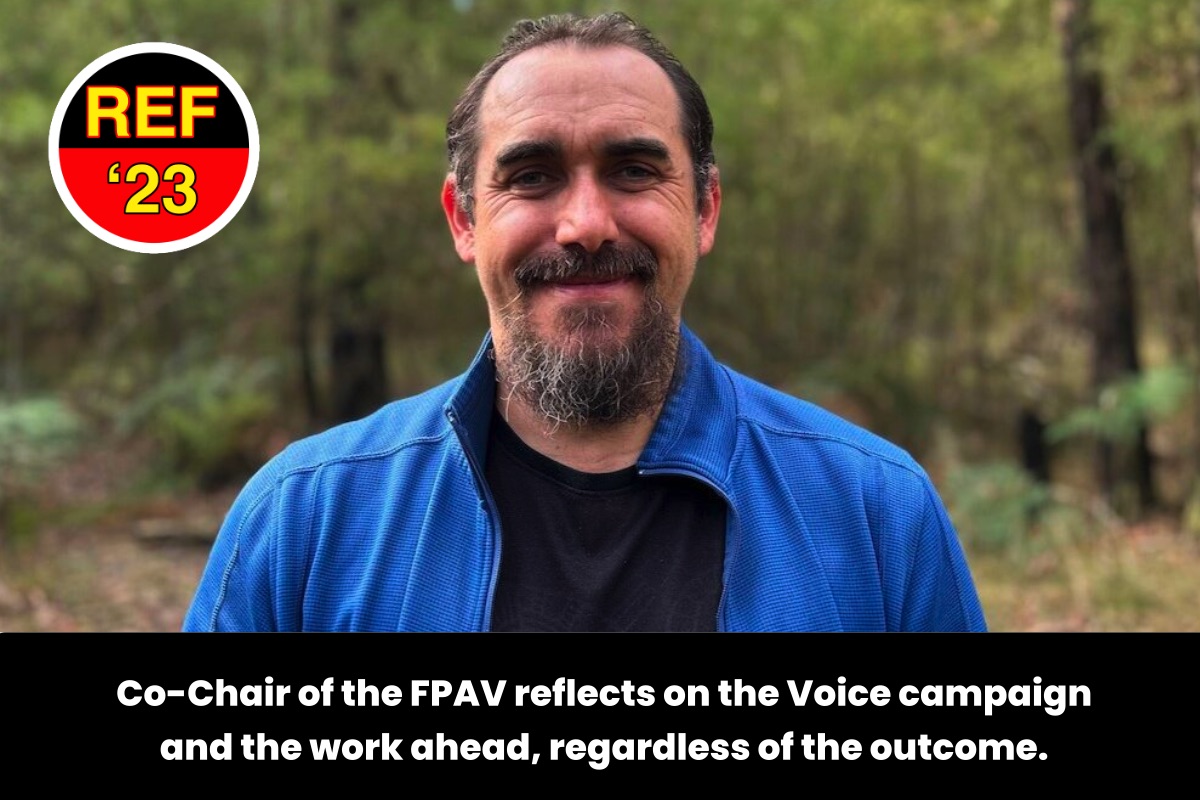
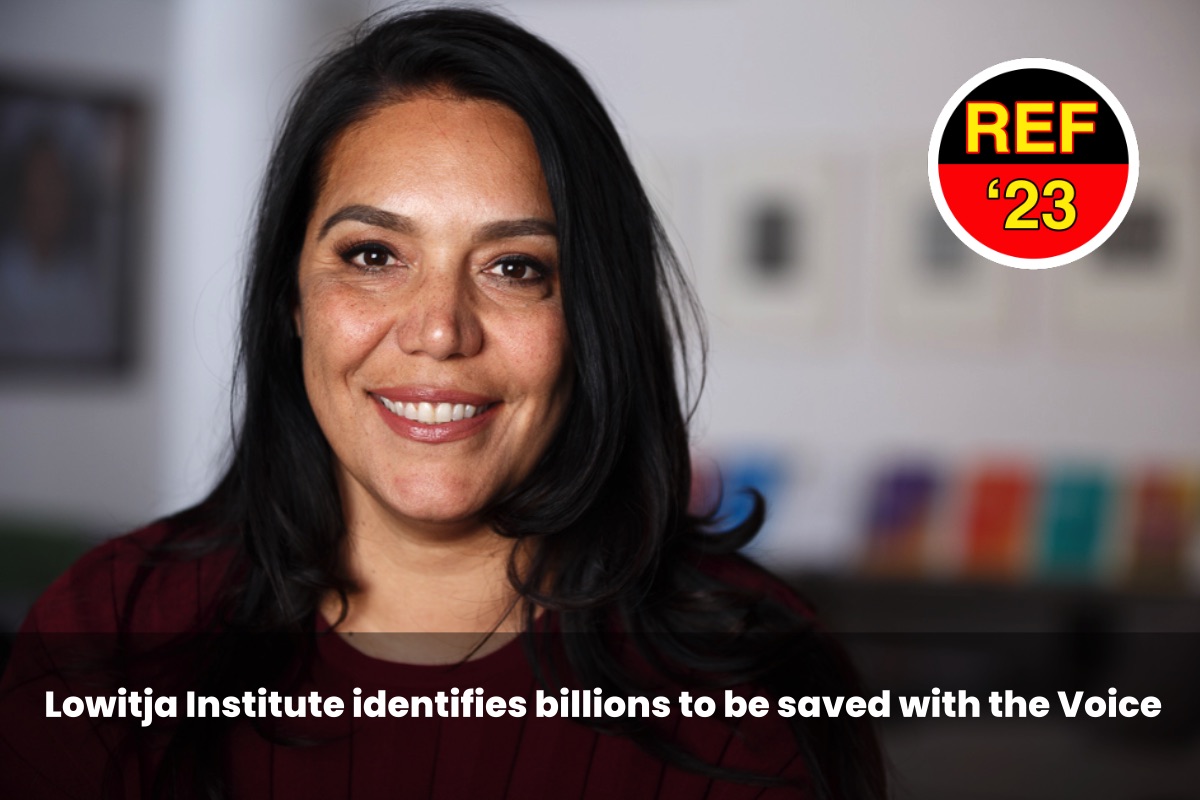
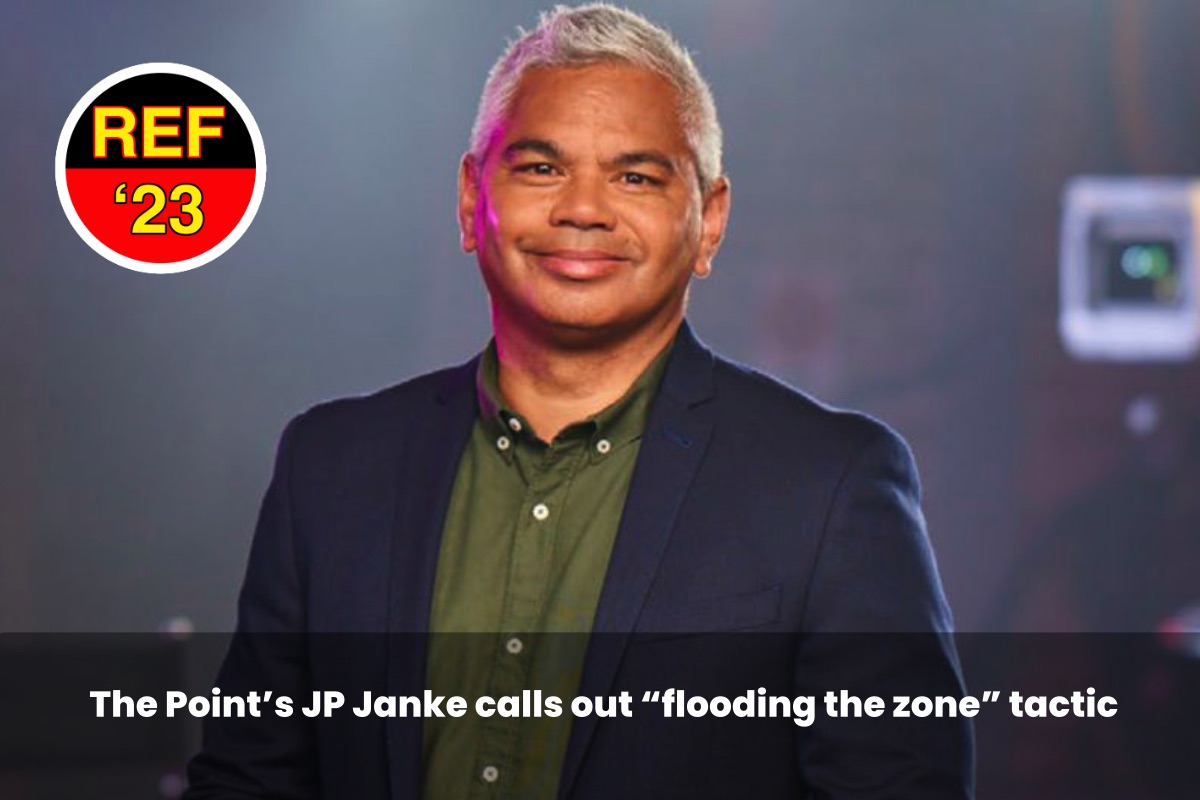
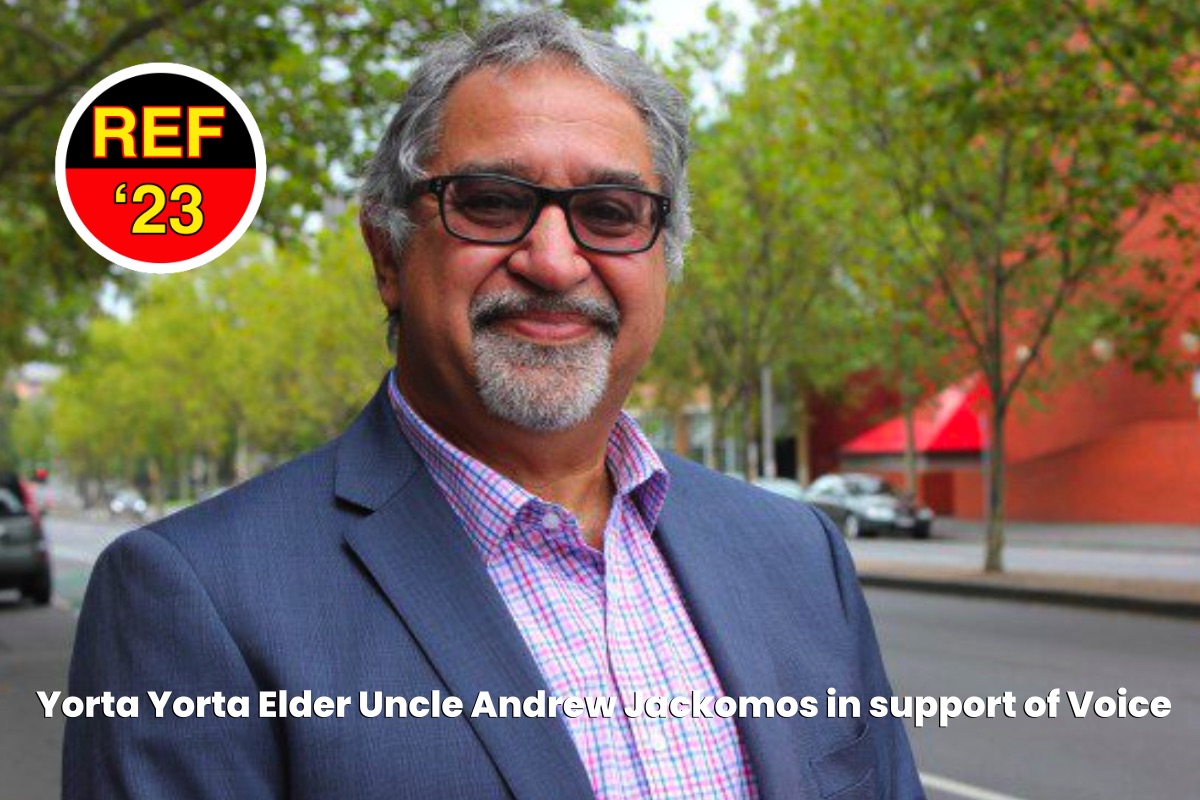
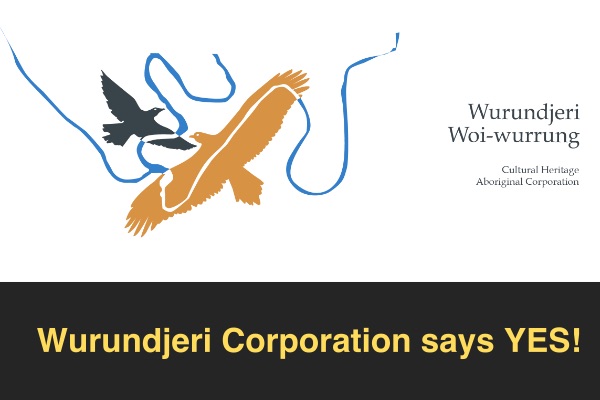

0 Comments